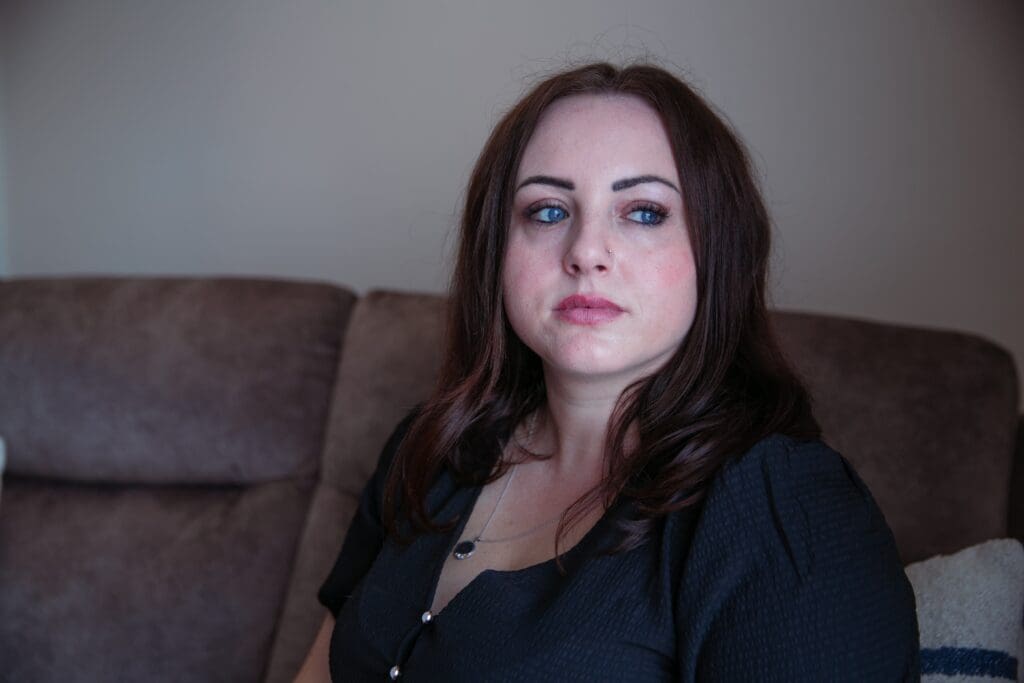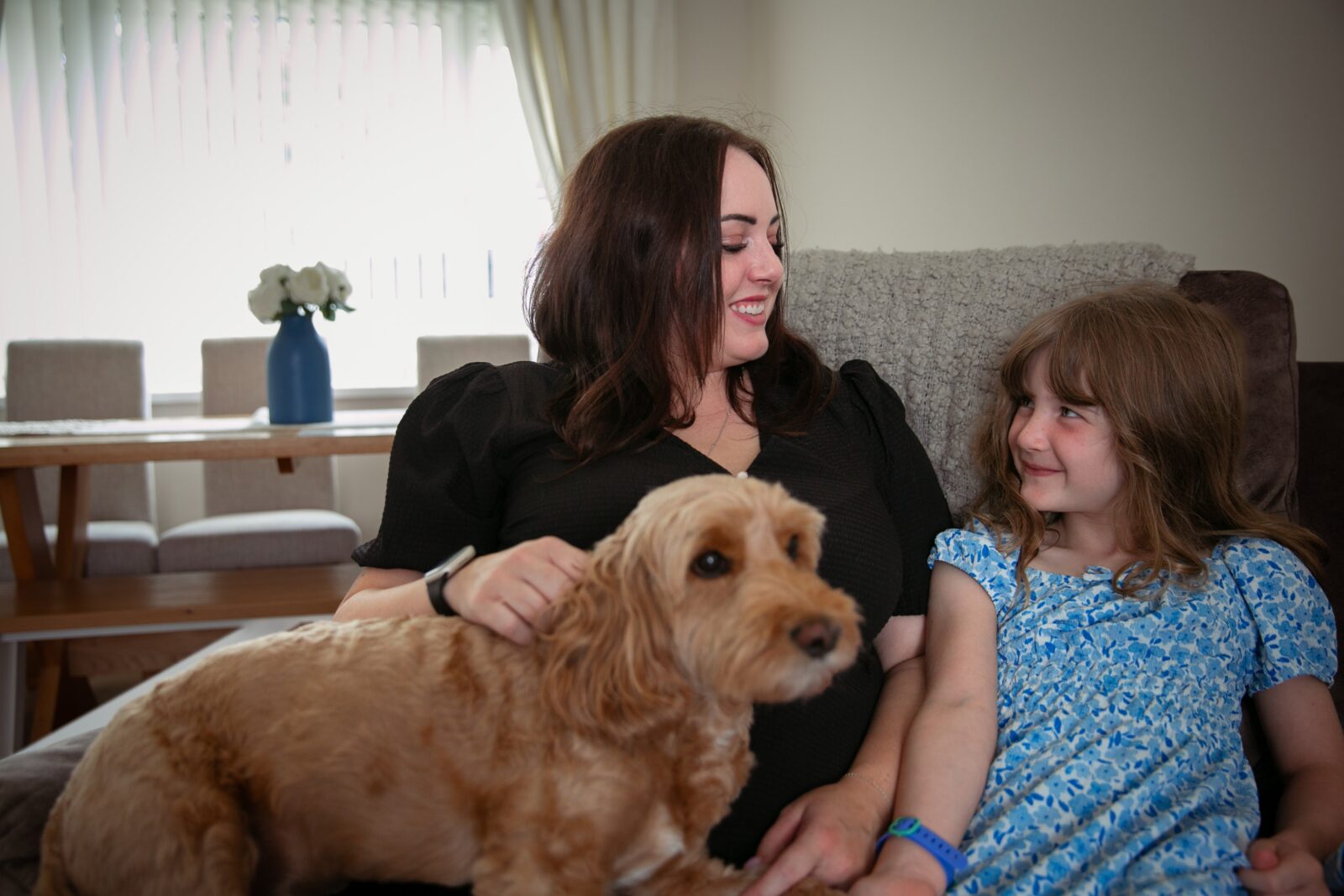One in three stroke survivors (33%) say that talking to other stroke survivors was the single most important part of their recovery, but in fact only a quarter (25%) did so, according to new research released today by the Stroke Association.
To mark World Stroke Day (Tuesday 29 October), the charity, which connects survivors with each other to improve recovery from stroke, surveyed over 1,000 UK stroke survivors. The research findings highlighted just how important connecting with other stroke survivors was to their recovery.
Of those who spoke to other stroke survivors for support (25%), a staggering 100% said it helped them with their recovery. In fact, over two thirds (67%) said it gave them hope. While over two thirds (67%) said it helped them to realise they weren’t alone. Over two thirds (67%) also said talking to other survivors gave them emotional strength during their recovery.
The findings also uncovered that, of those who hadn’t spoken to other stroke survivors after their stroke, over three quarters (81%) wished they had done so.
Over 88,000 people survive a stroke every year in the UK, but surviving a
stroke is just the start of a long and traumatic battle to finding their way back to life. A stroke can leave survivors unable to move, see, speak, or even swallow. Mums, dads, grandparents, young people, even children can be stroke survivors, and the impact of stroke on them and their loved ones can be catastrophic.
The research demonstrated just how shattering the impact of stroke can be on the stroke survivor:
- Nearly half of stroke survivors (44%) expressed concerns about what the future holds for them.
- Almost half (47%) reported feeling fearful and anxious after experiencing their stroke.
- Half of all stroke survivors (50%) said they felt depressed as they navigated recovery.
- Over one in four stroke survivors (28%) described feeling isolated and alone.
- More than one in ten (14%) shared that they had experienced suicidal thoughts.
Recovery after a stroke can take years and it can impact every aspect of the lives of the survivor and their family. Feelings of shock, anger, grief and guilt are common when faced with such a devastating change. Of the stroke survivors surveyed, over a quarter (28%) said the most crucial thing they needed during their stroke recovery was emotional support, whilst nearly half (42%) said the most important thing was to understand what was coming next in their recovery journey.
When asked what advice they would give to a newly diagnosed stroke survivor, half (50%) of those surveyed advised totry to remain positive, nearly a third (28%) said that survivors will feel stronger if they get support, whilst over a third (36%) recommended they talk to other stroke survivors.
Angharad Dennis, 32, from Swansea, had a stroke on March 17 this year. She woke up with right-side paralysis and speech difficulties, but after ambulance delays, self presenting and an awful three days sitting in A&E, an MRI did confirm the stroke, after which her care improved.
Before the stroke, Angharad was an active mum to her six-year-old daughter, Cari, and had recently married. “Recovery has been tough, with fatigue, speech, and mobility challenges affecting my ability to work, drive, and parent. Still, I am determined to regain more independence and be able to be the mum I want too”


Following her discharge, Angharad received vital support from the Stroke Association.
“I contacted Dave, the Stroke Association support coordinator one week post stroke on a Saturday afternoon. I was completely shocked that he responded straight away and provided emotional support via email. It was his day off, but he checked his emails and couldn’t not get in back in touch to help me, Daves had a stroke as well, so he has been there, done it and still doing it. It was nice speaking to someone who had that lived experience and I felt at ease. Talking to someone who had been through the same thing was invaluable to me and helped me so much.”
Dave Jones, had a stroke in 2017 and his long journey to recovery has seen him now become a stroke coordinator where he can use his lived experience to help support other stroke survivors and point them in the direction of peer support which can help stroke survivors.
Angharad said, “Dave came to visit me at my home a few days later and provided invaluable words of support and comfort. He gave me a book to help explain to my daughter what had happened, something I found difficult and emotional. He was so comforting and showed me there is light at the end of the tunnel and it’s a hard journey, but I can get there. It is important to be able to speak to other stroke survivors whoever they may be, and the Stroke Association has lots of different ways to be able to do it. I am just lucky Dave was the person I could speak too.”
Katie Chappelle, Associate Director of the Stroke Association in Wales, said: “Everyone’s experience of stroke is unique, but for many it can feel like they’ve lost the life they had. Our new research highlights that connecting with others affected by stroke is often the most important thing in helping to recover after stroke. Sharing your experiences can help you understand stroke and learn new ways to cope.
“Every day, another 240 people wake up to the devastating reality of stroke. When that happens, we’re here with support for every stroke survivor and their loved ones, for however long it takes. From the moment they enter the new and frightening post-stroke world, we’re here to help survivors find their strength and their way back to life.
“Whether it’s to connect with other survivors at one of our stroke groups, or to speak to someone online or over the phone, we’d encourage anyone affected by stroke to find out more about how we can provide support and put you in touch with others who have been there too.”
The Stroke Association is the only charity in the UK providing lifelong support for all stroke survivors and their families. The charity provides tailored support to tens of thousands of stroke survivors each year, funds vital scientific research, and campaigns to secure the best care and support for everyone affected by stroke.
The charity provides a number of ways to connect stroke survivors with people with lived experience of stroke. These include Stroke Association support groups where survivors can share experiences and make new friendships; a weekly phone conversation with a trained volunteer where survivors can talk to somebody who has had a stroke or cared for someone who has; and the charity’s Online Community which connects thousands of people who understand stroke first-hand, providing support throughout recovery.
The Stroke Association supports stroke survivors and their families by phone, at home, and in the community. Find out more at www.stroke.org.uk








Leave a Reply
View Comments